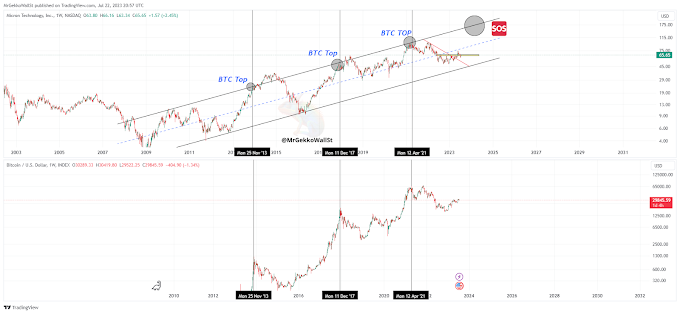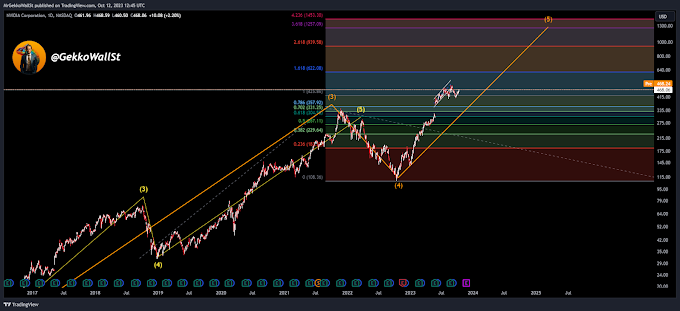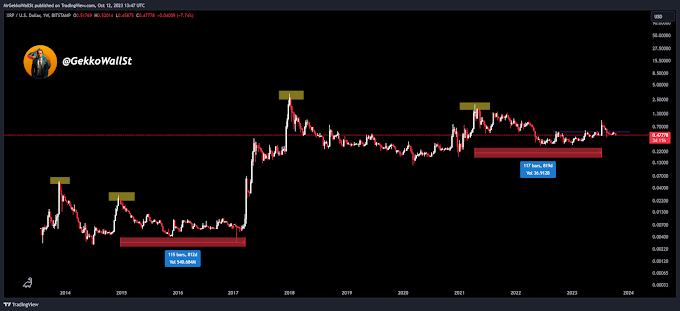An exchange is a platform where users can buy, sell, or trade cryptocurrencies and other digital assets. Exchanges can be classified into two main types: centralized and decentralized. The fundamental difference between these two types lies in how they are operated, the custody of user funds, and control over transactions.
Centralized Exchange:
1. Control: A centralized exchange is operated by a central entity that acts as an intermediary between buyers and sellers. This entity controls the platform's operations, including record-keeping, order matching, and fund deposits/withdrawals.
2. Custody: Users of centralized exchanges usually need to deposit their funds into the exchange's wallet, which takes custody of these funds. This means that users trust the exchange to securely store their assets.
3. Speed and Liquidity: Centralized exchanges typically offer high order execution speed and liquidity due to their centralized order matching model.
4. Regulation: Centralized exchanges are more subject to government regulations and may have strict user identification requirements (known as KYC - Know Your Customer) and financial compliance.
Coinbase is an example of a descentralized exchange.
Decentralized Exchange:
1. Control: Decentralized exchanges (DEXs) operate on a blockchain network and are not controlled by a central entity. Operations are automated through smart contracts, eliminating the need for an intermediary.
2. Custody: In DEXs, users maintain direct control over their private keys and assets. This means there's no need to deposit funds on the platform, reducing the risk of hacks or exchange theft.
3. Autonomy: DEXs offer users greater autonomy over their transactions and assets as they don't need to rely on a central entity.
4. Anonymity: Some DEXs allow users to trade more anonymously without the need to provide detailed personal information.
5. Speed and Liquidity: While DEXs have improved in terms of speed and liquidity over time, they might not be as fast or liquid as centralized exchanges due to the decentralized nature of operations.
6. Regulation: DEXs are subject to less regulation than centralized exchanges, although this can vary depending on the location and local laws.
Uniswap is an example of a descentralized exchange.
In summary, the main difference between centralized and decentralized exchanges lies in control and custody. Centralized exchanges offer greater speed and liquidity but require users to trust the platform to safeguard their assets. DEXs provide users with more control over their assets and transactions but might be less liquid and fast.







